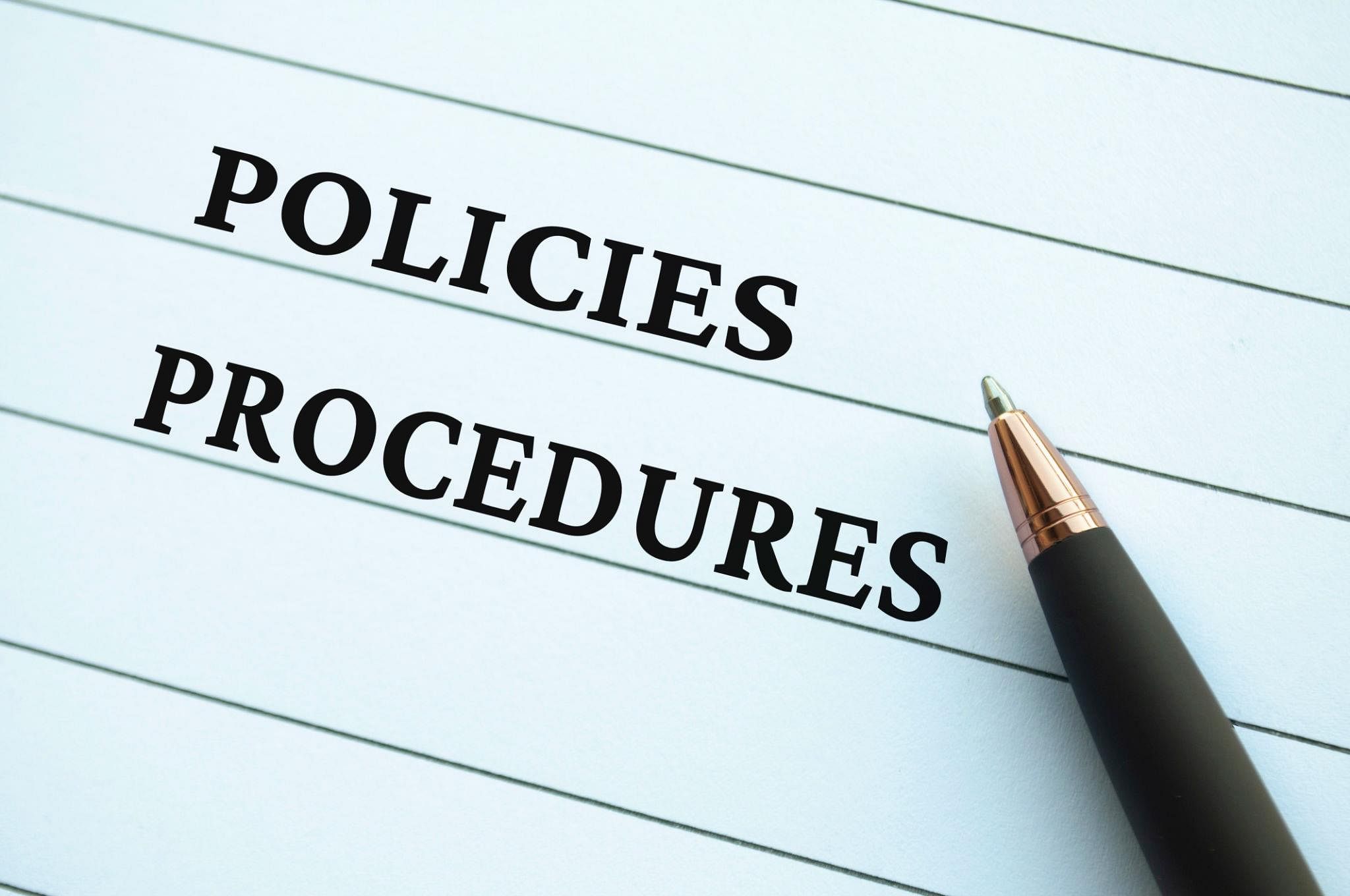|
Card: 2 / 32 |
An exponent indicates how many times a number (the base) is multiplied by itself. For example, in 2³, the exponent is 3, meaning 2 × 2 × 2 = 8. 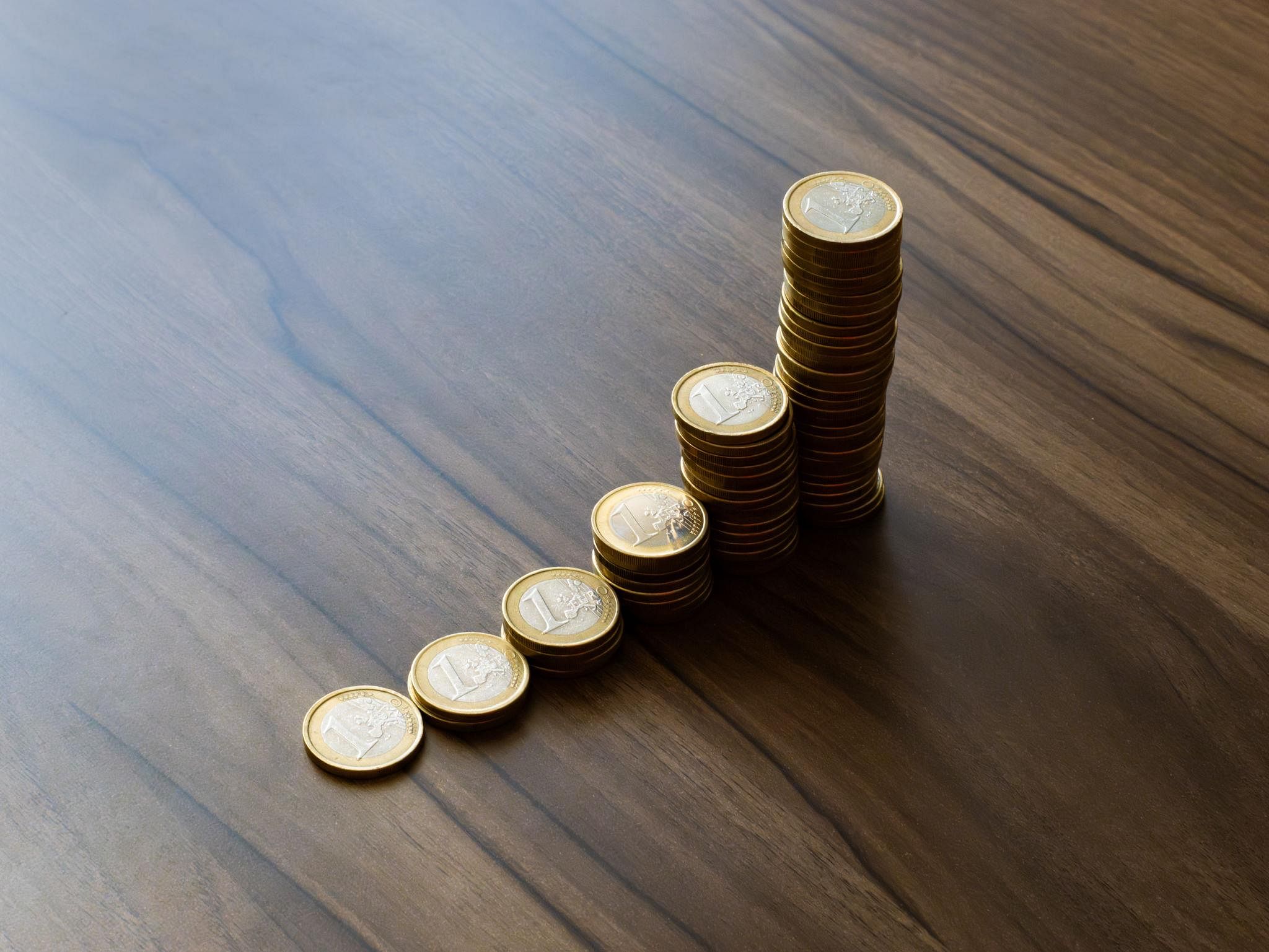 |
|
Card: 4 / 32 |
When multiplying powers with the same base, add the exponents: aⁿ × aᵐ = aⁿ⁺ᵐ. For example, 2² × 2³ = 2⁵ = 32. |
|
Card: 6 / 32 |
When dividing powers with the same base, subtract the exponents: aⁿ / aᵐ = aⁿ⁻ᵐ. For example, 5⁴ / 5² = 5² = 25. 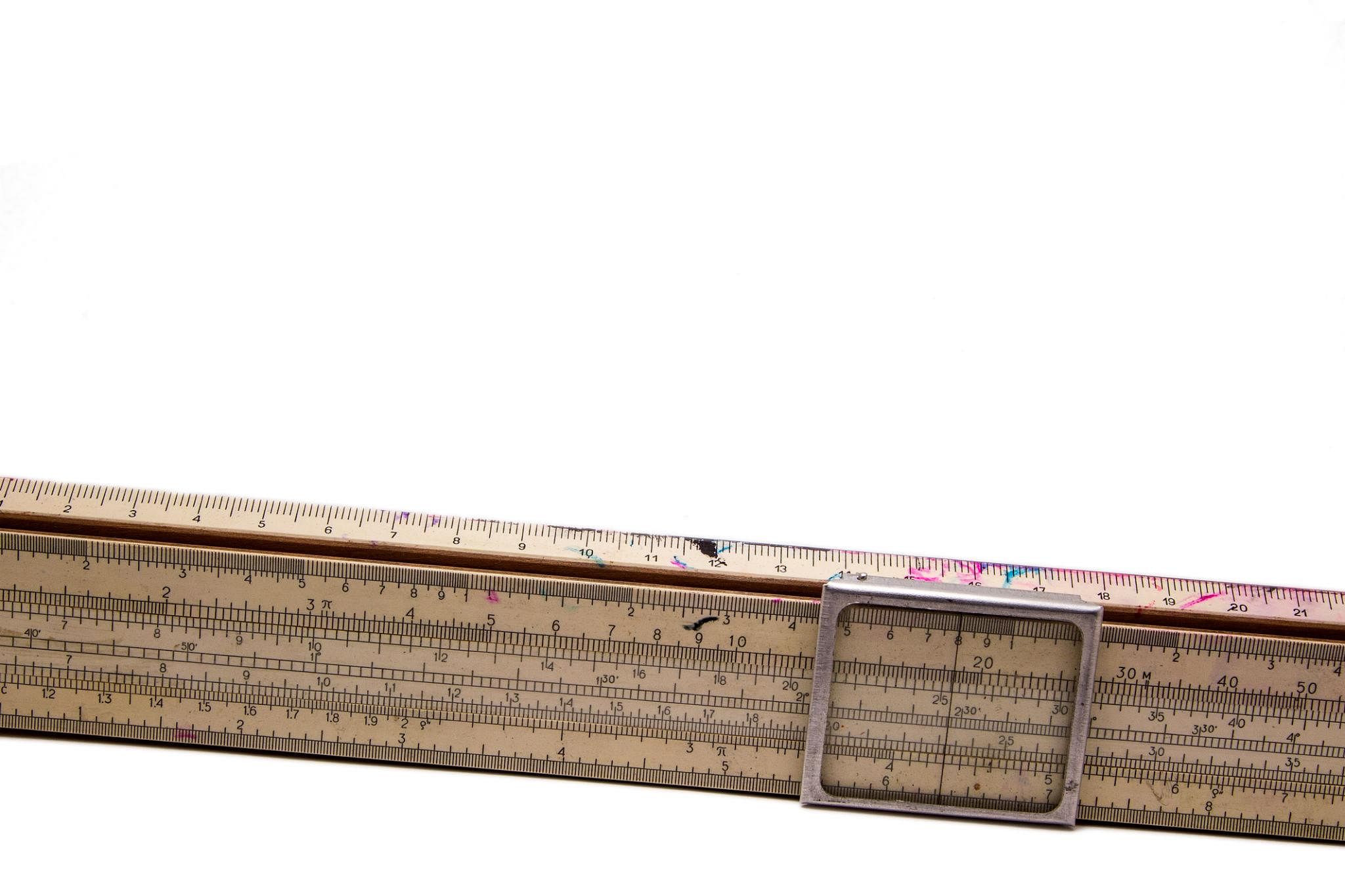 |
|
Card: 8 / 32 |
Any non-zero base raised to the power of zero equals one: a⁰ = 1 (where a ≠ 0). For instance, 7⁰ = 1. |
|
Card: 10 / 32 |
A negative exponent indicates the reciprocal of the base raised to the positive exponent: a⁻ⁿ = 1/aⁿ. For example, 3⁻² = 1/3² = 1/9. 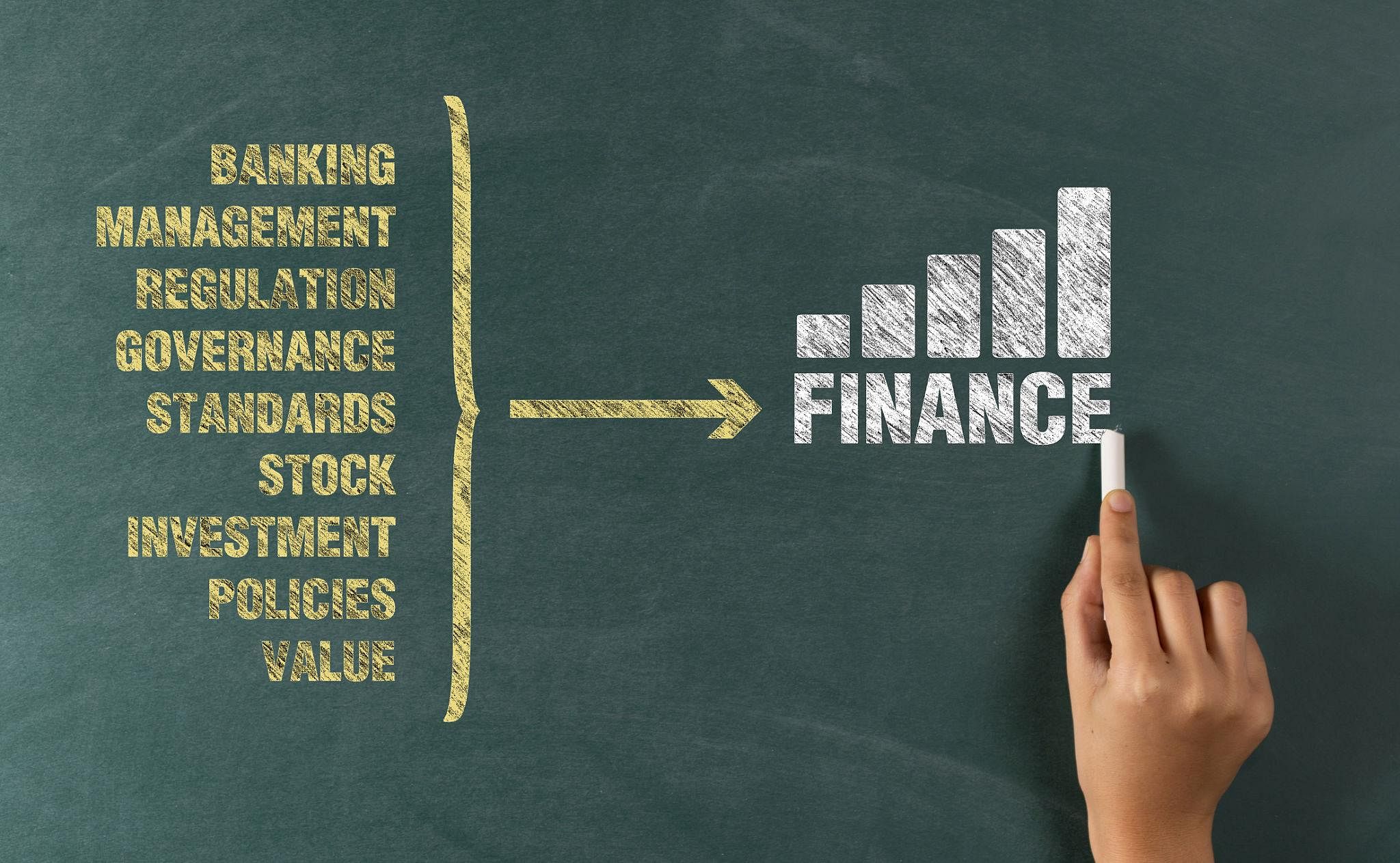 |
|
Card: 12 / 32 |
When raising a power to another power, multiply the exponents: (aⁿ)ᵐ = aⁿᵐ. For example, (2²)³ = 2⁶ = 64. |
|
Card: 14 / 32 |
When raising a product to a power, distribute the exponent to each factor: (xy)ⁿ = xⁿyⁿ. For instance, (2*3)² = 2² * 3² = 4 * 9 = 36.  |
|
Card: 18 / 32 |
Using the rule for multiplying powers with the same base: 4² × 4⁻³ = 4²⁻³ = 4⁻¹ = 1/4. 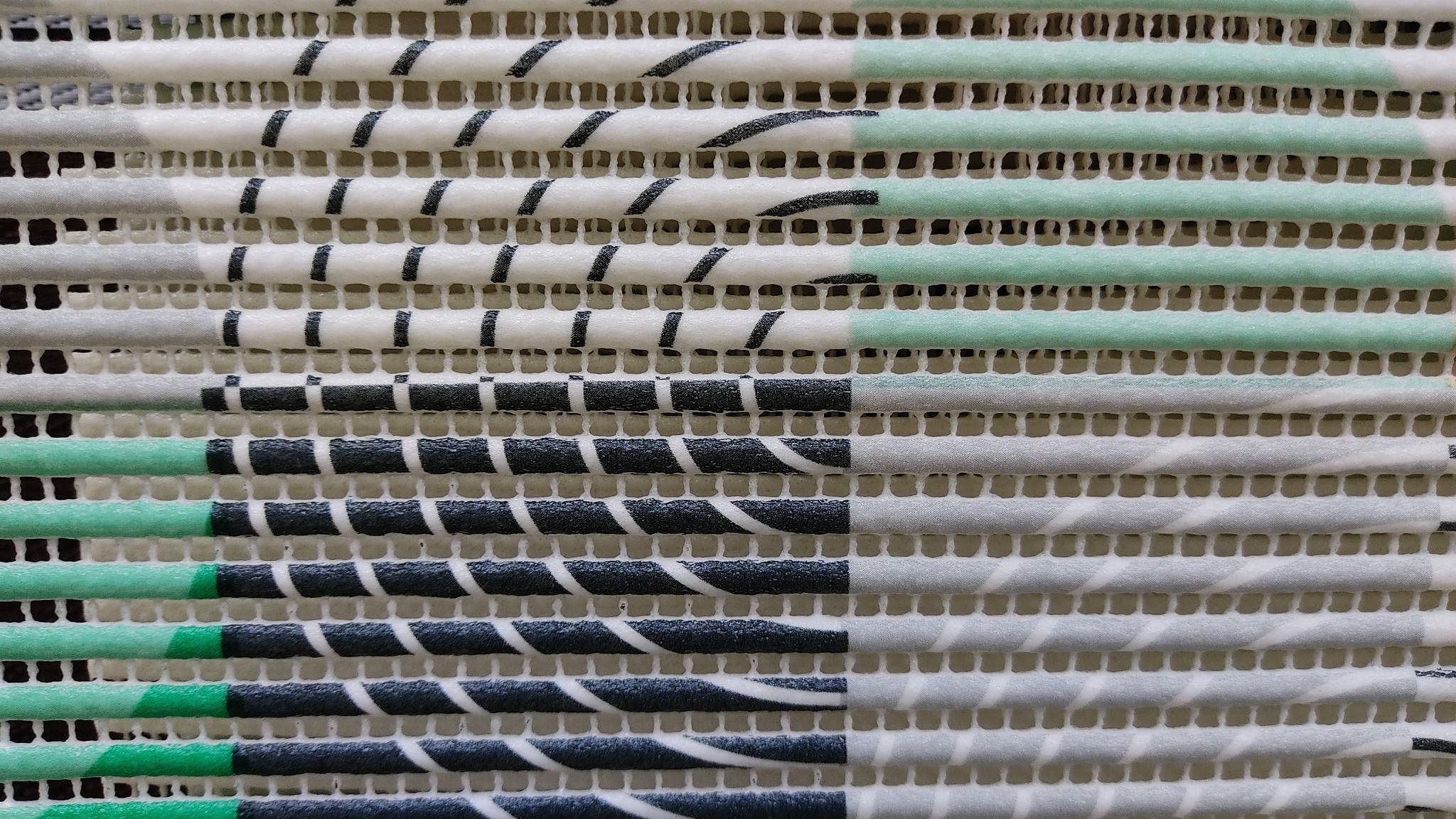 |
|
Card: 21 / 32 |
What is the formula for the product of powers with different bases but same exponents? |
|
Card: 22 / 32 |
When multiplying different bases with the same exponent, multiply the bases and keep the exponent: aᵐ × bᵐ = (ab)ᵐ. For example, 2² × 3² = (2 × 3)² = 6² = 36. 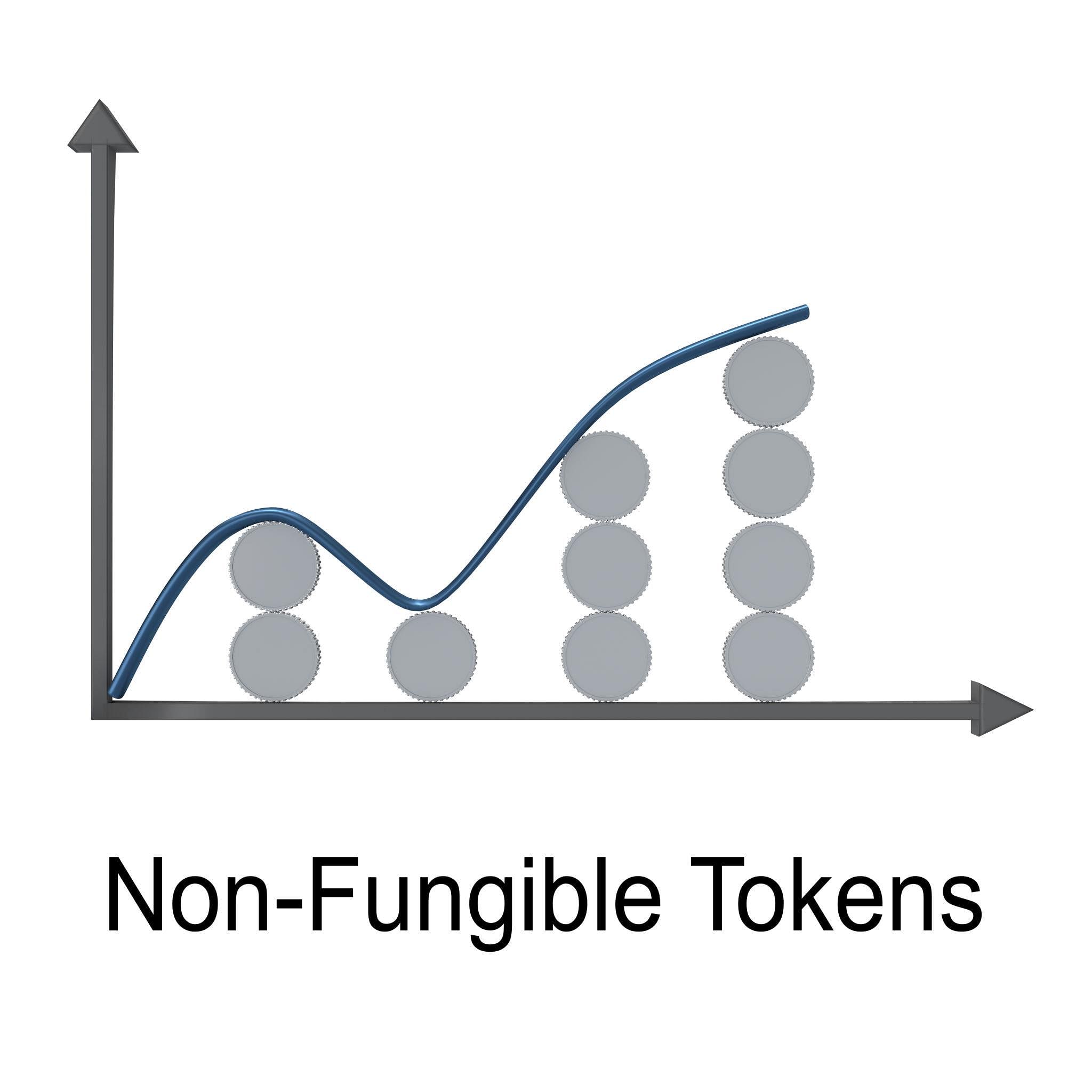 |
|
Card: 30 / 32 |
Using the multiplication rule: 5^(3/4) × 5^(1/4) = 5^(3/4 + 1/4) = 5^(4/4) = 5¹ = 5. 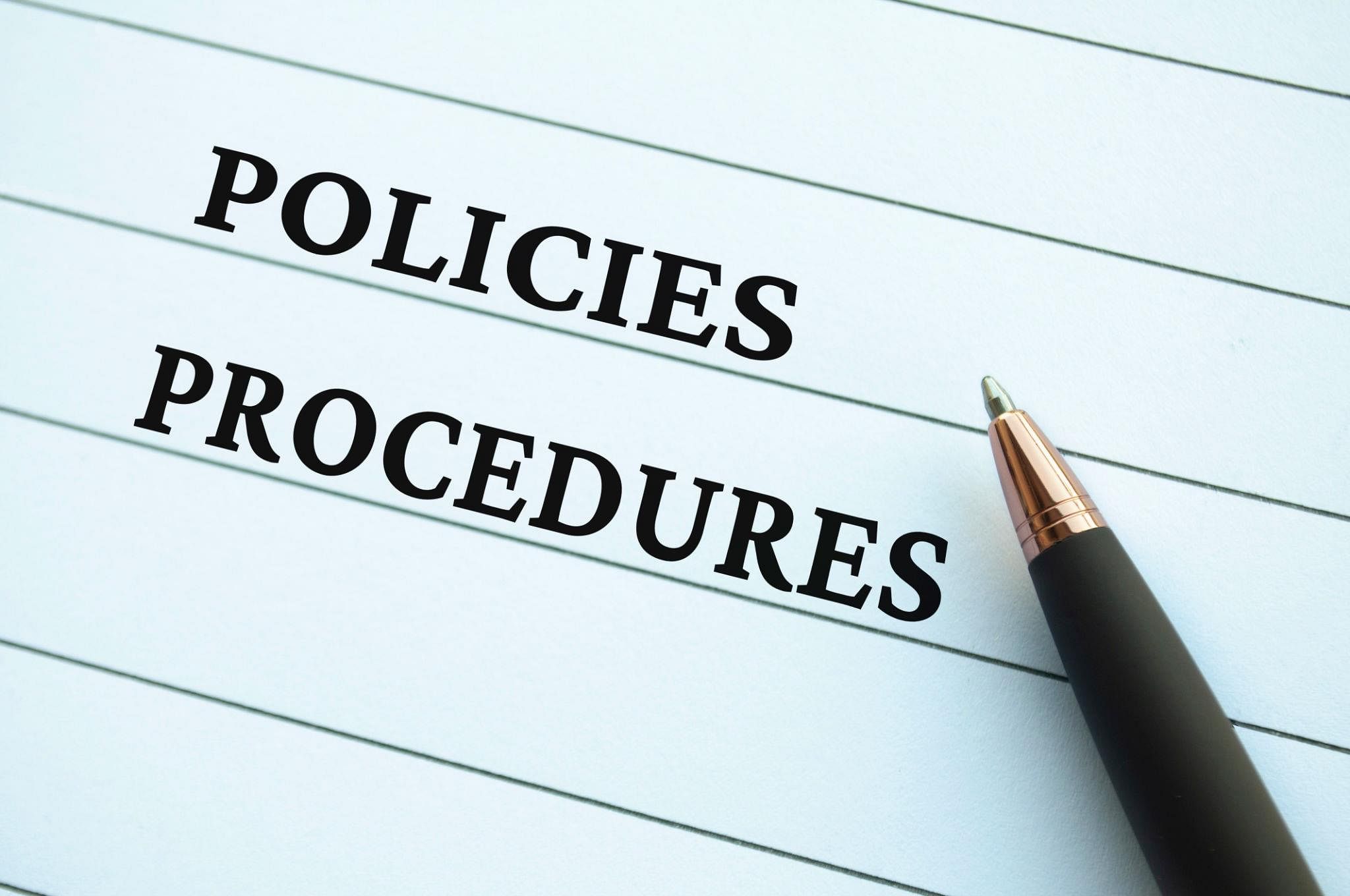 |




